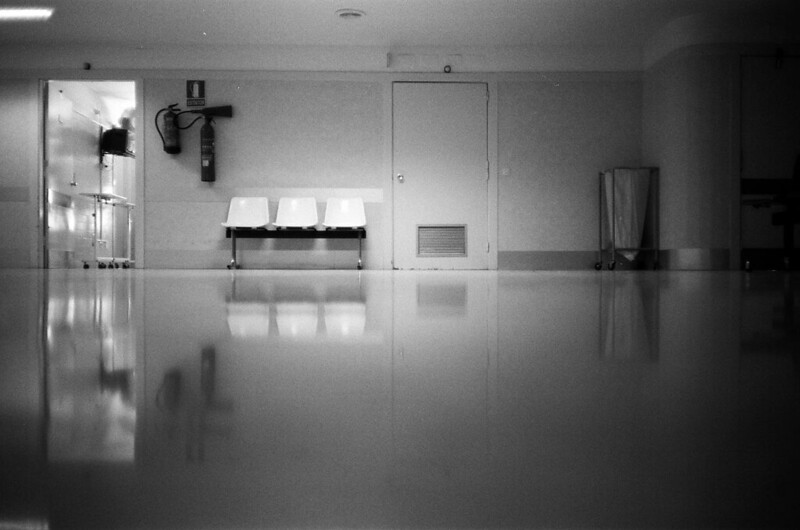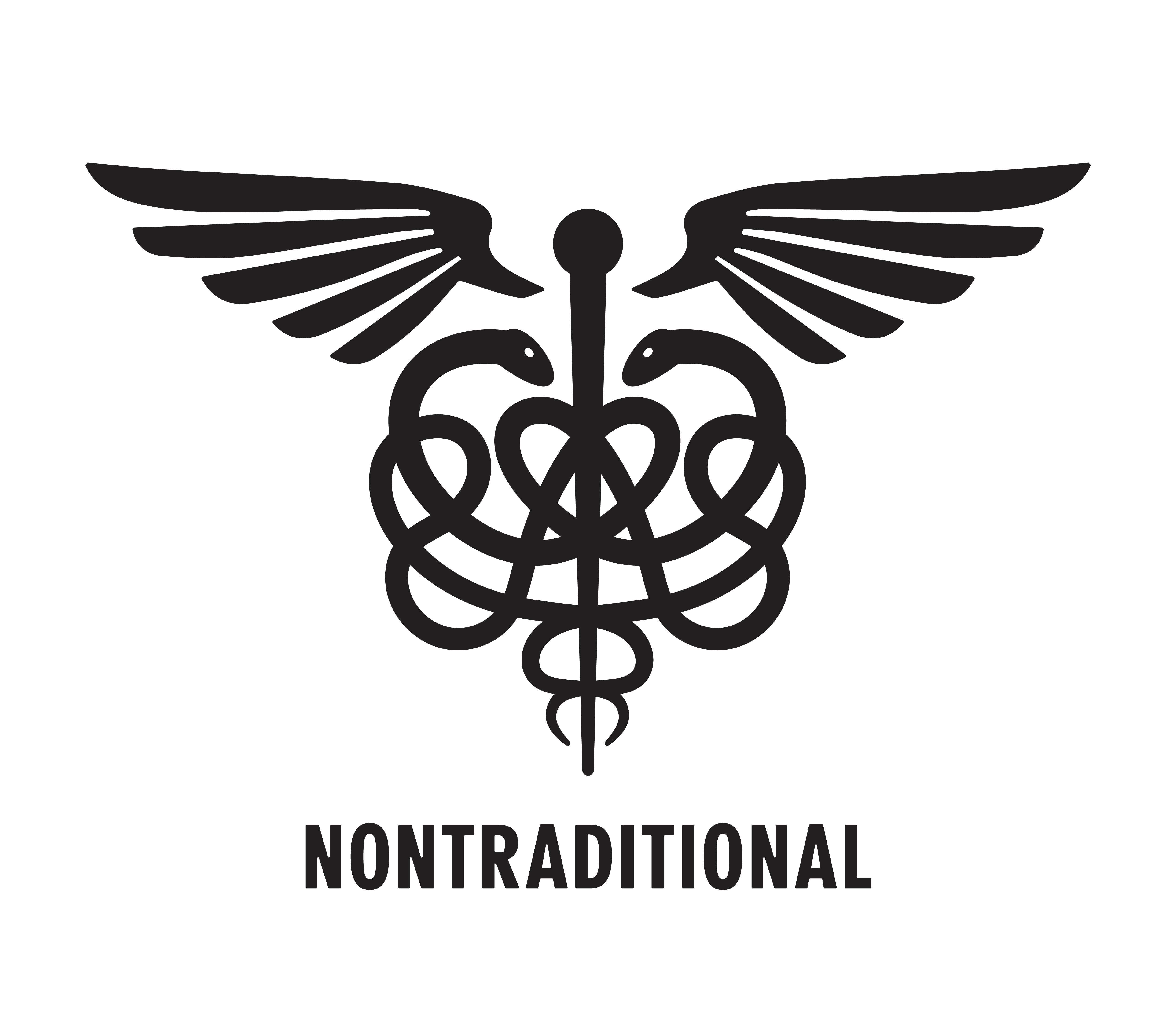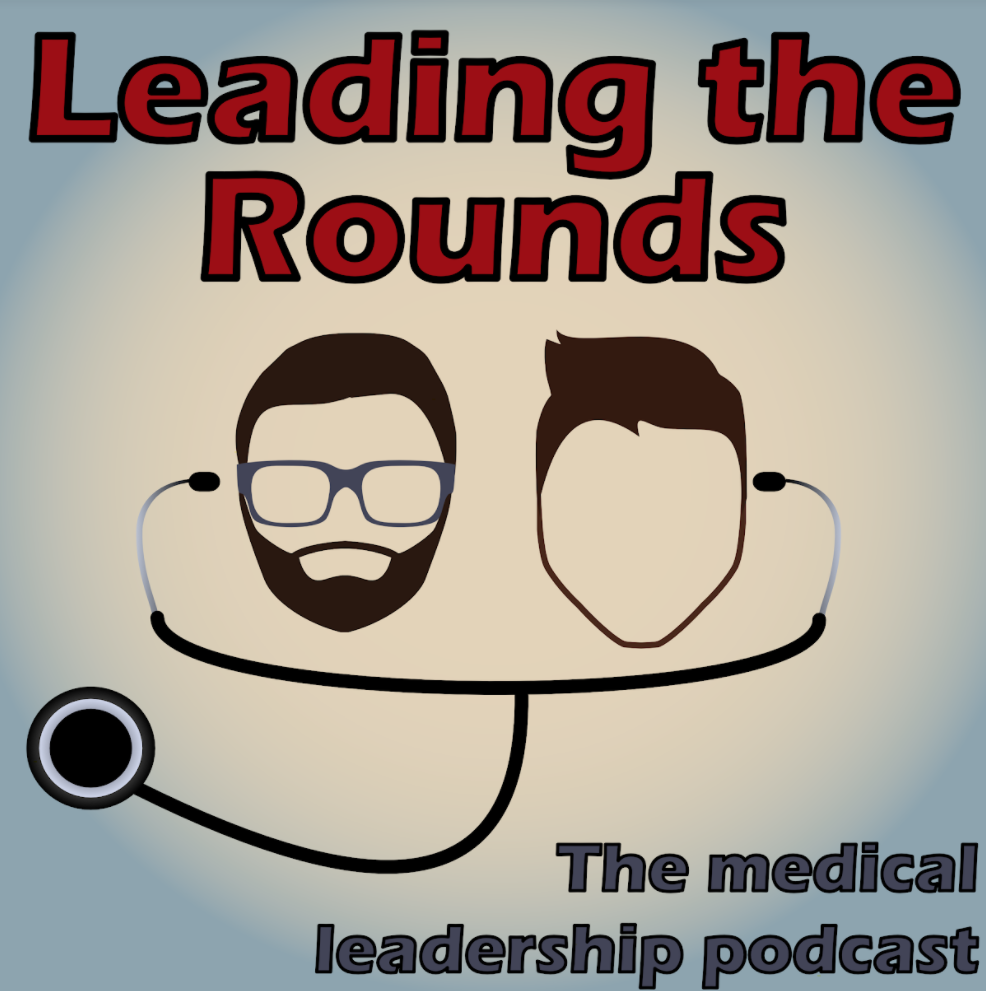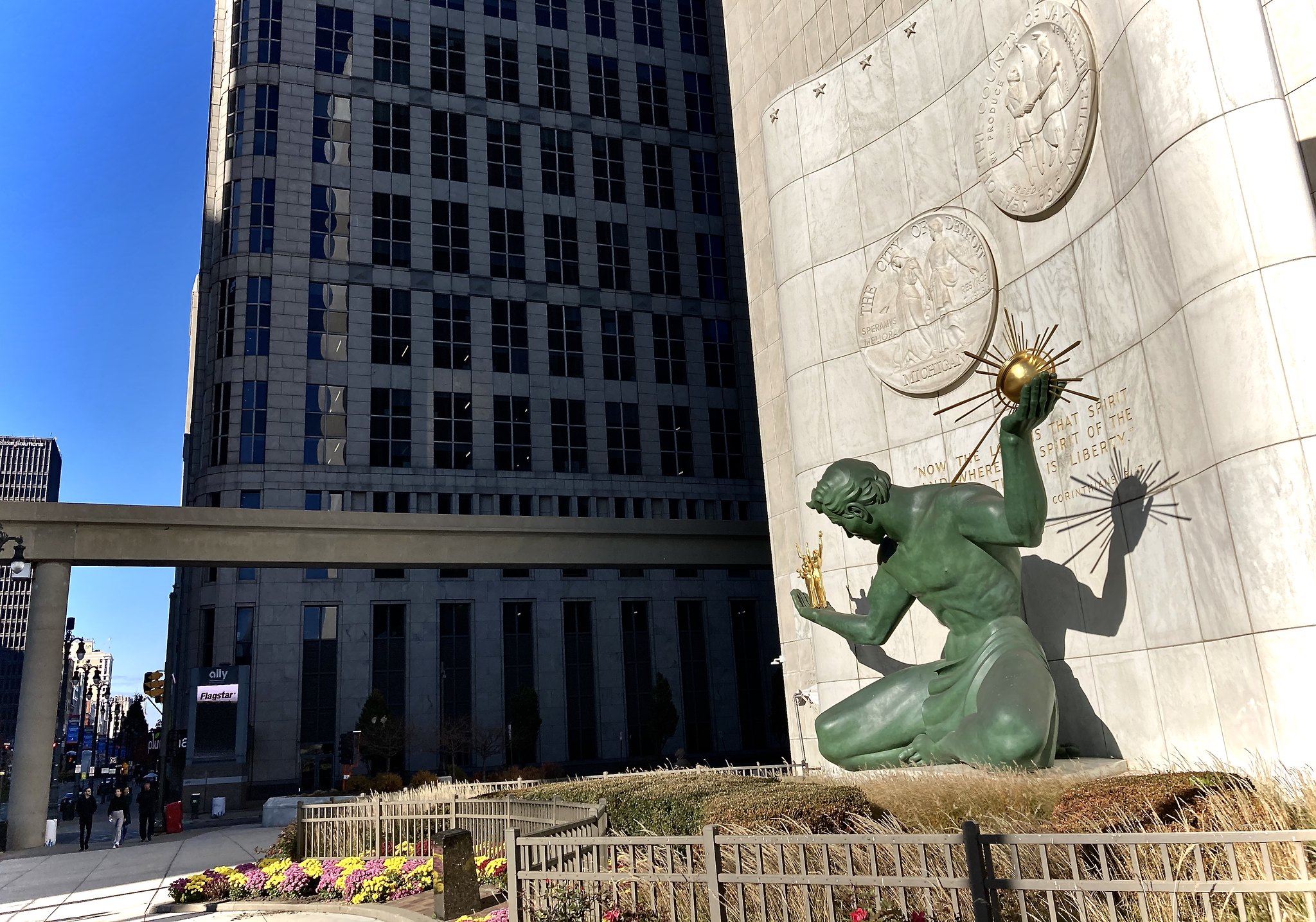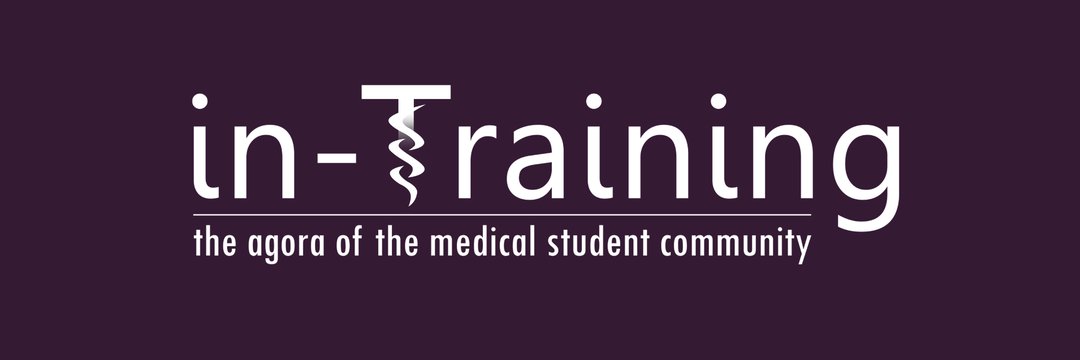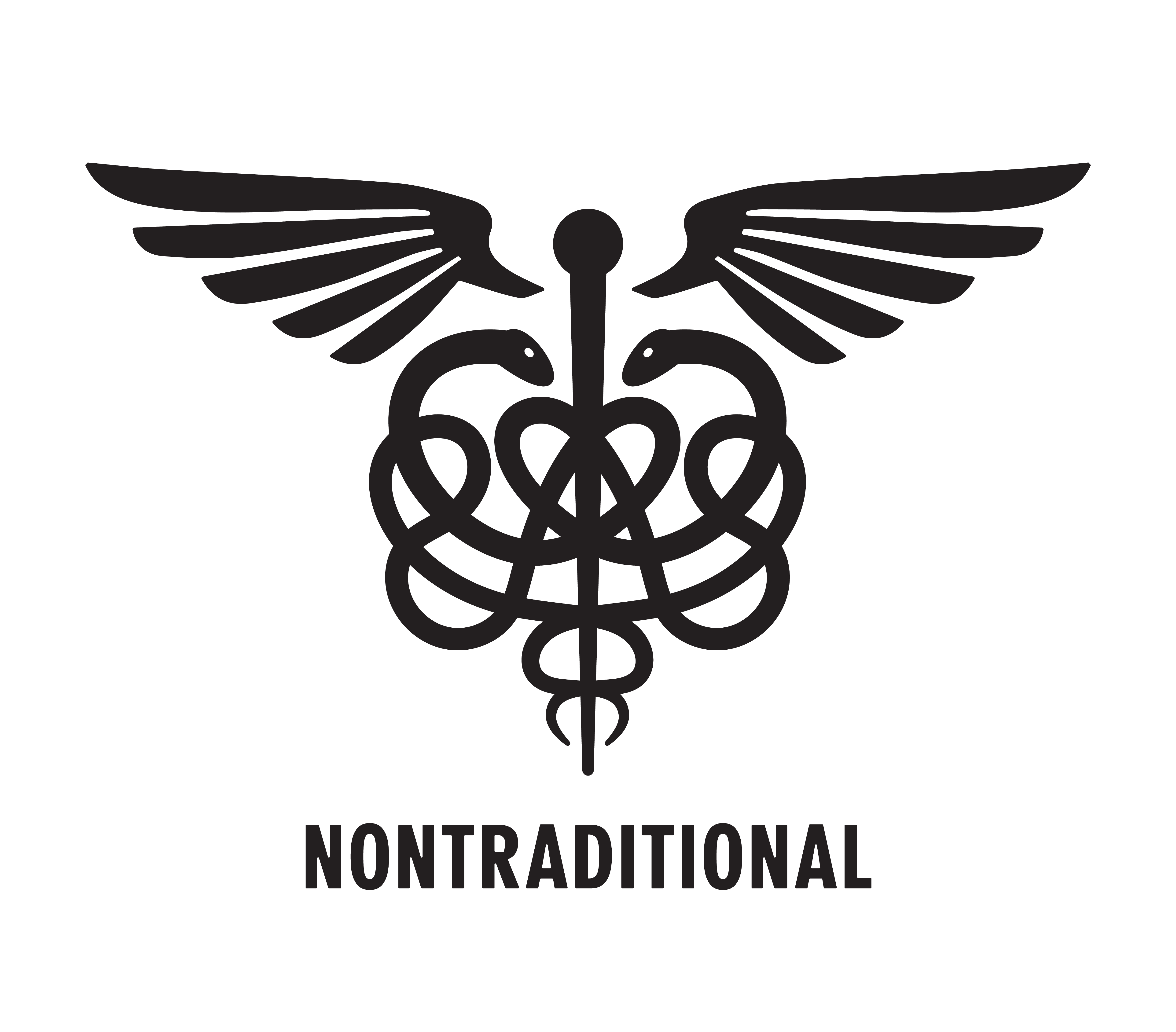Virtual Doctors-in-Training: A Medical Student’s Perspective on Returning Back to “Normal”
We have seen our classmates’ faces, memorized each other’s hometowns and politely chuckled at every “fun fact” introduction despite having heard it countless times. Some of us have admitted to writing down random facts about others as we hear them, hoping to review them later and somehow kindle more profound relationships than the pandemic naturally allows. We virtually contact each other later with a random sentiment trying to relate to someone’s favorite sports team or vacation place.


